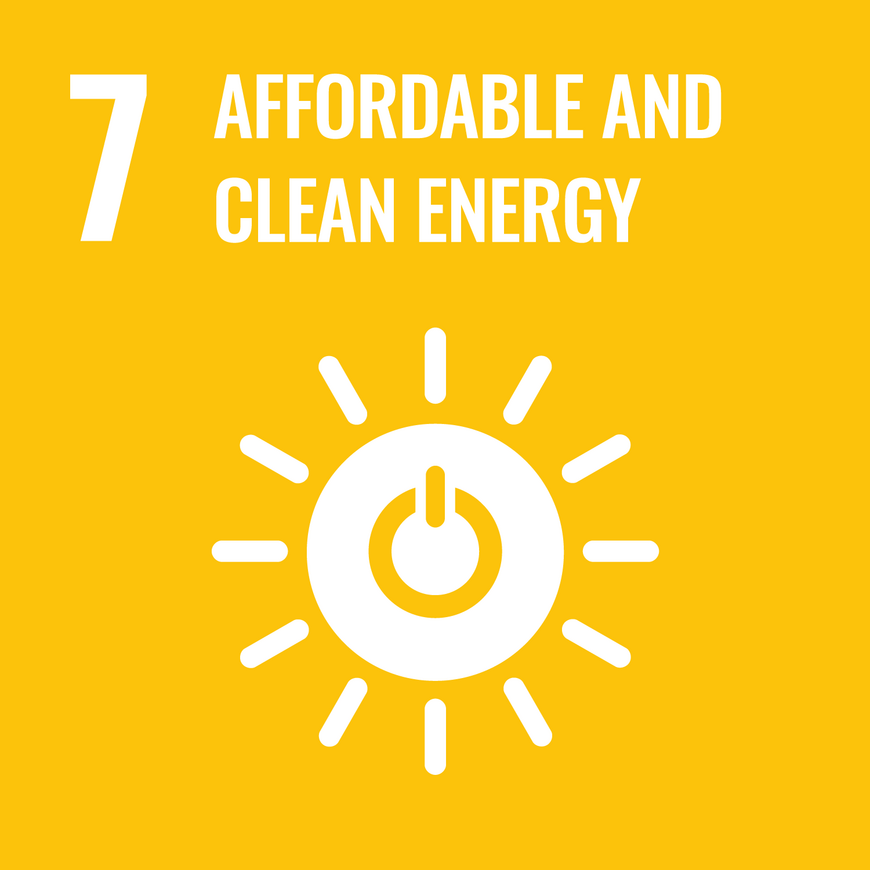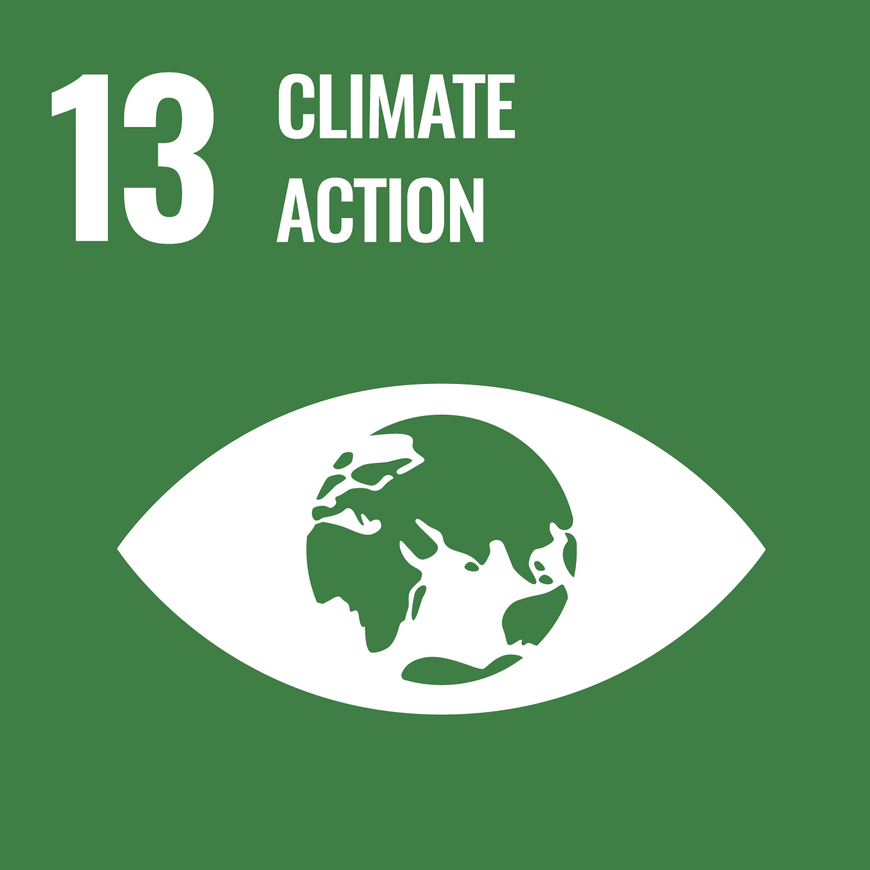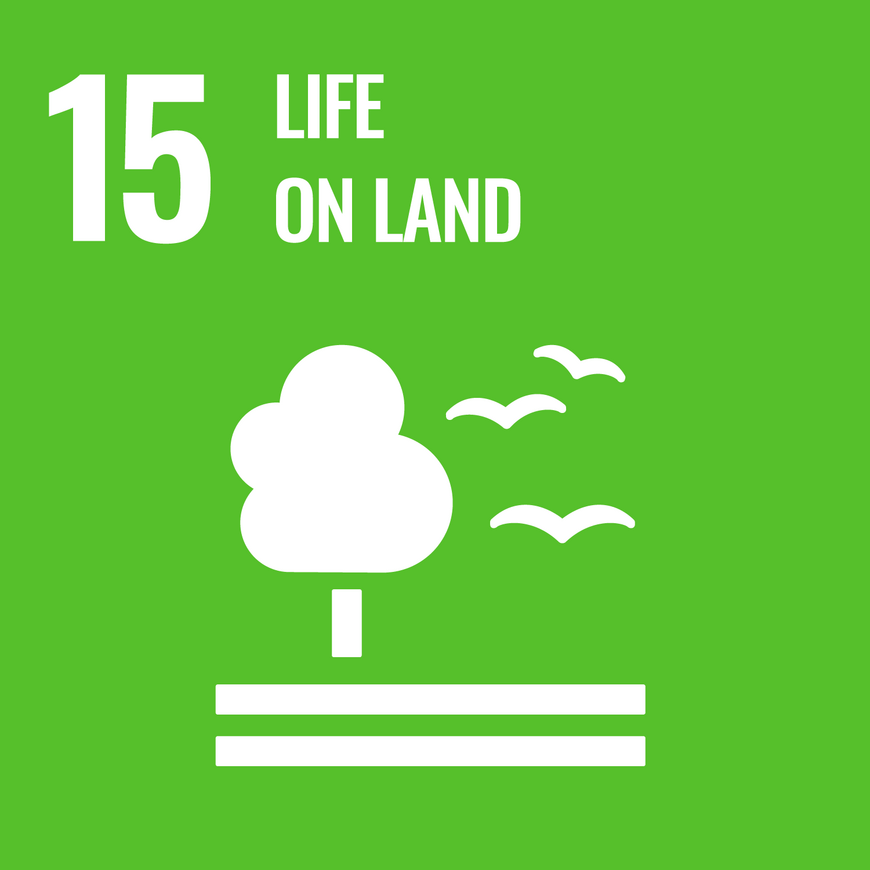Contribution to the UN Sustainable Development Goals in Department 3 Geochemistry
Department 3 investigates geochemical and microbial processes in the Earth system. The aim is to identify and quantify the interactions of (in)organic and biogeochemical material cycles over geological time and large depth scales. Examples of research topics related to the UN Sustainable Development Goals are:
Better understanding of deforestation and desertification processes
Contribution to UN Sustainable Development Goal #15 - Life on Land
Deforestation and desertification - caused by human activities and climate change - pose a major challenge to sustainable development and have affected the livelihoods of millions of people. In the DFG Priority Programme SPP 1803 "EarthShape - Earth Surface Shaping by Biota", several sections of the GFZ, led by Section 3.3, are investigating these deforestation and desertification processes. In particular, the aim is to find out, on the one hand, how the geological composition of the subsurface ensures the supply of mineral nutrients to plant ecosystems and how this determines plant and microbial diversity. On the other hand, at the GFZ we are researching how plants protect the soil from erosion and how they influence soil formation. Because both processes are strongly dependent on changing climatic conditions, the research takes place along one of the most extreme climate gradients on earth, in the Chilean coastal mountains. Here, the range of climates is particularly wide.
Potentials of geological energy storage
Contribution to UN Sustainable Development Goal #7 - Affordable and Clean Energy and #13 - Climate Action
In order to achieve the goals of the Paris Climate Agreement, Germany must radically change its energy supply. Section 3.4 therefore deals with the potential of geological energy storage: this involves using surplus energy from renewable electricity sources in the form of synthetic natural gas. This technology, called power-to-gas (P2G), offers a promising approach to long-term energy storage and is also capable of balancing the fluctuating energy supply of sustainable sources with the regulated energy demand of the consuming sectors. With P2G, excess wind and solar power is converted into hydrogen and then with carbon dioxide into methane. When needed, the electricity can be recovered by burning the methane in a gas turbine power plant. In this way, the power-to-gas process (P2G) is extended to power-to-gas-to-power (PGP).
Mehr information about research in the sections of DEPARTMENT GEOCHEMISTRY.





